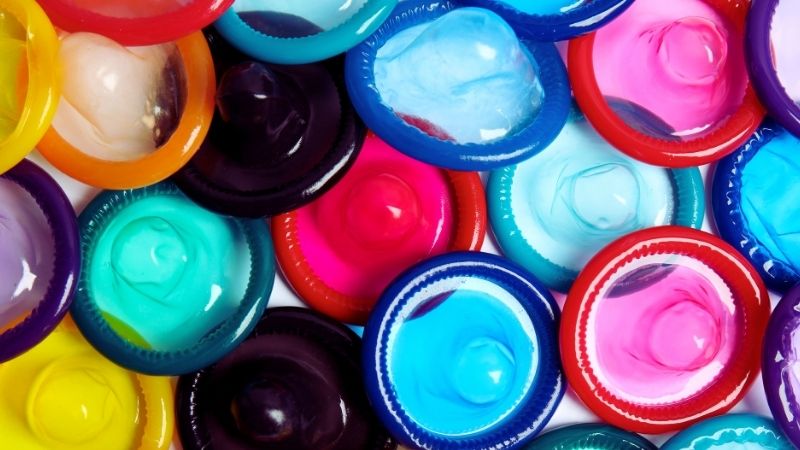How often Australians are having sex, our use of protection from sexually transmitted infections, use of contraception, and even what we consider sexual acts is changing.
A survey commission by condom manufacturer Durex, and conducted by research firm Pure Profile, asked over 1,000 Australians a range of questions about their sexual behaviour and thoughts.
Most Australians list vaginal sex (93%), oral sex (80%) and anal sex (72%) in their definition of what constitutes sex, but many more people now add intimate touching, masturbation whether alone or with a partner and use of sex toys in their definition.
The results are a stark change from when the same survey was deployed in 2017. Eight years ago, 37% of respondents considered intimate touching as sex, while today 61% list it. Previously only 30% of people considered masturbation with a partner a sexual act, today 57% would list it, and 35% would also add solo masturbation.

The survey also found that Australians are more open to talking about sexual positions they prefer, 59% report they’re happy to discuss that topic, and we’re also more open to talking about sexual preferences, with 57% reporting they’re okay with that conversation.
On average Australians are having sex 1.4 times a week, but Tasmanians have a much better batting average with reporting 1.9 times a week. Western Australians scored 1.7 times a week and people in the Northern Territory scored the lowest rate at 0.8 times per week.
The report also suggests that Australia is becoming more accepting of the LGBTIQA+ communities. People attribute getting older, conversations with friends and family, greater visibility of LGBTIQA+ people in society as the driving factors of acceptance.
People also credit the LGBTIQA+ communities with being a driving force behind their own willingness to talk more about their own sexual desires and preferences.
The team behind the survey say this positive influence is hardly surprising, as queer individuals are leading by example — being far more willing to explore new sex acts and positions than their straight peers (81% of gay or lesbian individuals and 80% of bisexuals, vs 55% of straight people).
LGBTIQA+ folk are also more vocal about their desires, with 71% of gay or lesbian individuals discussing their sex lives openly, compared to 54% of straight people. Being loud and proud is paying off, with 58% of gay and lesbian respondents reporting greater sexual satisfaction over the past five years, compared to 49% of their straight counterparts.
Florence Paoli, Marketing Director ANZ at Reckitt, the company behind the Durex brand commented on the LGBTIQA+ communities influence.
“The LGBTQIA+ community is showing us that nothing is sexier than an open mind – leading the way for all Aussies to embrace more honest, adventurous experiences in the bedroom. We know that great sex and overall wellbeing go hand in hand, so it’s critical that our sexual health catches up with our curiosity.
“At Durex, we’re committed to raising awareness of safer sex for people from all walks of life – from educating on protection to highlighting the role and value of lube – because when it comes to sex, one thing’s for sure: safer is sexy.” Paoli said of the survey which is being released ahead of the Sydney Gay and Lesbian Mardi Gras celebration this weekend.
Worryingly the report also finds a gap between how people describe their knowledge of sexual health and protection, and their actual knowledge and behaviours.
The survey found that 89% of those questioned say they know how to avoid sexually transmitted infections and unwanted pregnancy. Yet, 11 per cent of people reported that they used the highly unreliable withdrawal method to avoid conception.





